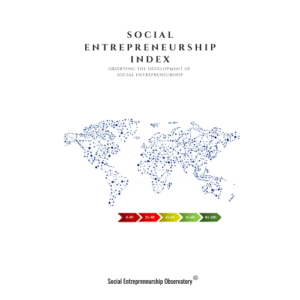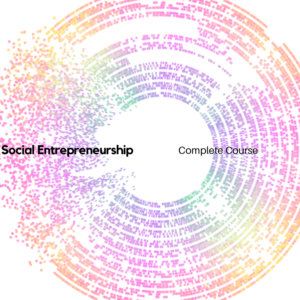Introduction to Social Entrepreneurship
ден4,000.00
SUMMARY
Find out more below ↓
Description
Course description
This course will provide an introduction to social entrepreneurship, a new economic model that is the future.
The course is open to persons from various backgrounds seeking to learn about a new potential field that can change their life, but also the life of others. Social Entrepreneurs are advocates and agents for change, achieving social impact in society.
The course is divided into two modules: Understanding Social Entrepreneurship and The Role of Social Entrepreneurs Module 1, Understanding Social Entrepreneurship, covers the following topics: Upon completion of this course, participants will be able to: Teaching methods include lectures, guest lectures, seminars and casework. Depending on the course level, literature in the form of contemporary articles for specific course occasions will be added, as well as other literature in consultation with the course coordinator. Example: Each module in the course will be evaluated separately upon completion. This provides periodic feedback on course development. The course as a whole will also be evaluated upon completion. A summary of results will be kept in the Academy’s archive.
Module 2, The Role of Social Entrepreneurs, covers the following topics:
Scenario
Hours
Hours/ per day
Weeks
Lectures/ Seminars
Group work
Individual work
Consultation
Online
S1
12 h
1h/pd
3-4
10
3
7
2
Yes






Reviews
There are no reviews yet.